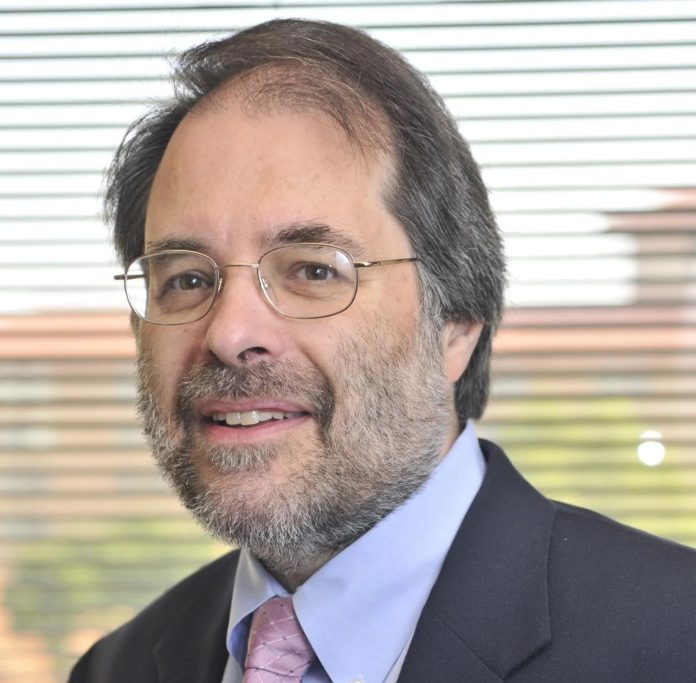By Richard Cherwitz
The U.S. House Committee investigating the January 6 Capitol insurrection held a prime-time public hearing on June 9 that was viewed by an audience of 20 million. Since then, there have been six additional hearings. In each of these hearings, Wyoming Republican Representative Liz Cheney, vice chair of the committee, played a key role in laying out the facts.
Rather than offering her own partisan views and speculations, Cheney relied exclusively on the words of members of the Trump team and family, and those who directly experienced the insurrection as evidence for her claims. Her discourse was clinical instead of emotional and sounded like that of a prosecutor, previewing the case against Trump that would be made in upcoming hearings.
History, in my opinion, will recall that Cheney, unlike most of her Republican colleagues in the House and Senate, did the right thing—that principle and morality, not political gamesmanship, motivated her behavior. Cheney rhetorically indicted the overwhelming number of Republicans in Congress who continue to remain silent because of their fealty to and fear of the former president. Her indictment was pointed and profound.
Make no mistake: Cheney had the courage of her convictions. She wasn’t afraid to stand up and speak. Cheney was not influenced by the political reality that in Wyoming she lags behind her Trump-supported opponent in the polls by as much as 30 points. Her love of our country’s democratic republic trumped (no pun intended) political ambition. Sadly, the same cannot be said about most of Cheney’s colleagues.
To be clear, I disagree with Cheney on most issues, including Supreme Court appointments, gun control policies and plans to address current economic problems; ironically, she voted 90% of the time with Trump. Nevertheless, at least for today I am Cheney’s fan and cheerleader. Not because she is a hero but because she did her job. In short, it would not be appropriate to lionize her. Despite what her detractors are saying, however, Cheney spoke as an American and not as a politician. It would be hard to refute that.
Having said that, one must ask what took members of Trump’s Justice Department—those who testified at the January 26 Hearing—so long to come forward and why hasn’t White House Counsel Pat Cipollone testified. Yes, the members of Trump’s Justice Department, including Attorney General Bill Barr, eventually told the truth and that was seen by media pundits as courageous. But sadly I can’t help but wonder if we now live at a time when telling the truth has become an exceptional and extraordinary quality rather than something that is expected.
So, therefore, why is Cheney’s behavior so remarkable and important? Because saving our Constitutional democracy and the rule of law is far more important than any other matter facing the nation. Problems like inflation are temporary, ephemeral and transitory; while painful in the moment, history documents that these problems always abate. By contrast, however, once democracy is lost it is lost—and the consequences last forever, hurting all of us more than rising gas and food prices.
Today we are getting a glimpse into why Cheney’s behavior may be making a difference. Since the start of the hearings political pundits and journalists have speculated about whether the congressional hearings and Cheney’s rhetoric are breaking through. We now are getting a partial answer: 58% of Americans believe former President Trump should be criminally charged for his role in the January 6 insurrection, including 19% of Republicans.
Perhaps most noteworthy was Cheney’s withering message to her fellow Republicans. It was rhetorically powerful and no doubt will be remembered for a long time: “Tonight, I say this to our Republican colleagues who are defending the indefensible: there will come a day when Donald Trump is gone, but your dishonor will remain.”
Richard Cherwitz, Ph.D., was founding director of the Intellectual Entrepreneurship Consortium (IE).




